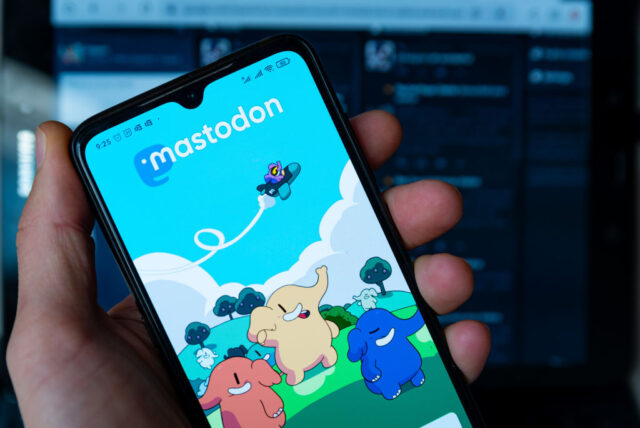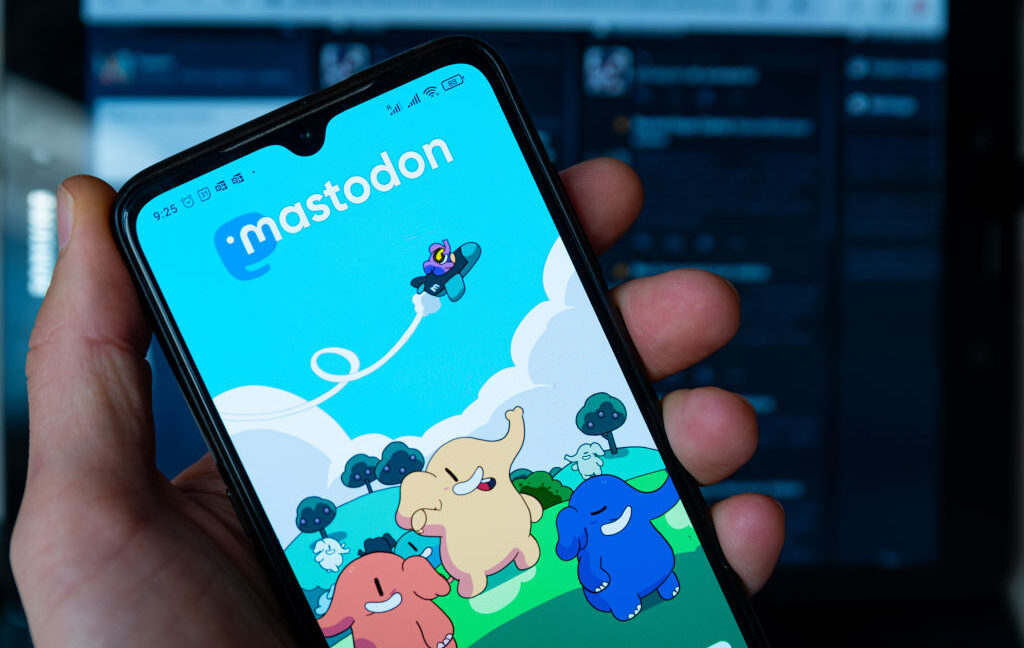Mastodon announced Monday that it's shifting its structure over the next six months to become wholly owned by a European nonprofit organization—"affirming the intent that Mastodon should not be owned or controlled by a single individual."
This takes control of the social network away from its previous "ultimate decision-maker," Eugen Rochko. As founder, Rochko initially took the reins to ensure the decentralized platform would never be for sale and "would be free of the control of a single wealthy individual." His grand vision remains to leave Mastodon users in control of the social network, making their own decisions about what content is allowed or what appears in their timelines.
The news comes after leaders of other social networks, like Mark Zuckerberg and Elon Musk, have sparked backlash over sudden changes to popular apps like Facebook, Instagram, and X (formerly Twitter). For years, Musk has drawn criticism for changing Twitter's hate speech policies through his X rebranding. And more recently, Zuckerberg this month defended Meta's decision to relax hate speech policies (permitting women to be called "property" and gay people to be called "mentally ill") by calling bans on such speech "out of touch with mainstream discourse."
Mastodon is hoping to provide an alternative social network for users who are potentially frustrated with their lack of control over their timelines and content on other networks.
But to achieve the "envisioned independence" for all users, Mastodon's structure needed to "evolve," the blog said, "as the community grew" to about 1.5 million monthly active users in 2023. Remaining headquartered in Europe primarily, Mastodon's day-to-day operations will be managed by the new European not-for-profit entity, "establishing a new legal home for Mastodon."
The user experience on Mastodon won't be affected much by the transition to a nonprofit owner, Mastodon said. But "changes are definitely in the pipeline."
Mastodon appears to be betting that even more users will seek alternative social networks in the future as popular apps enact unpopular policies. The blog discussed progress on a "privacy-respecting search tool" that could be used to explore the entire Fediverse, a collection of independent social media networks that Mastodon connects to. That could make it possible to discover more content without depending on a "For You" algorithm mining user data.




That's pretty cool. Mastodon isn't for me. And my feeling is that it will always be a bit niche, just by the nature of how it works. There's a barrier to entry and participating. But that's a feature to some people, and I get it.
I've been using Bluesky, and while it's not perfect, it fills my social needs right now. And the Ars Bluesky account has been growing slowly but steadily.
I see any use of alternative social networks as positive right now. The X/Meta hegemony can't be broken without people supporting other options.